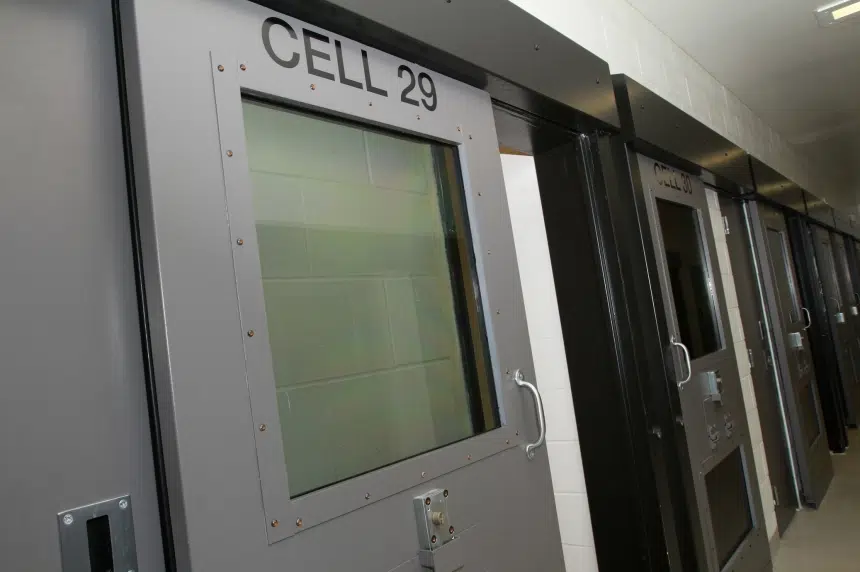Difference Between Detention and Getting Arrested
In a typical detention scenario, police officers will stop you in public if they are suspicious that you have a motive that may cause harm to others or themselves. For example, if the police see a man loitering around town they may become suspicious that he is responsible for drug sales. During detention, police have the right to pat-down the suspect if they believe that they have any weapons or drugs on them. Other ways of detention could be drug-sniffing dogs or metal detectors. Section 9 of the Charter of Rights and Freedoms states that everyone has the right "not to be arbitrarily detained or imprisoned". During detention, you have the complete right to not answer any questions or even be allowed to leave.
Whereas, if police believe that you are posing as a threat, the may take you into custody and arrest you. During an arrest, you are required to state your name and address. In addition, you must be provided with a lawyer [if you cannot afford one (legal aid)] or be given a phonebook and a phone to contact your lawyer. You are not required to share any information with the law enforcement until you have been given the opportunity and privacy to instruct your lawyer. While being arrested you do not have the right to leave the premises. In addition, arrests are made when police are sure that a suspect is posing a threat to society, whereas, detention is a way for police to "interrogate" an individual of suspicion to try to get any information from them that will give reasonable and probable grounds for an arrest.
Duties Of A Police Officer
The duties of a police officer include:
- Crime prevention.
- Emergency response.
- Maintaining peace in the community.
- Assisting subjects of crime.
- Investigating crime.
- Enforcing the law.
- Identify themselves as a police officer.
- Inform the accused or their charge(s).
- Cautions right to counsel: right to remain silent.
- Physically touch the accused to prove that they are being arrested (handcuff them).

Comments
Post a Comment